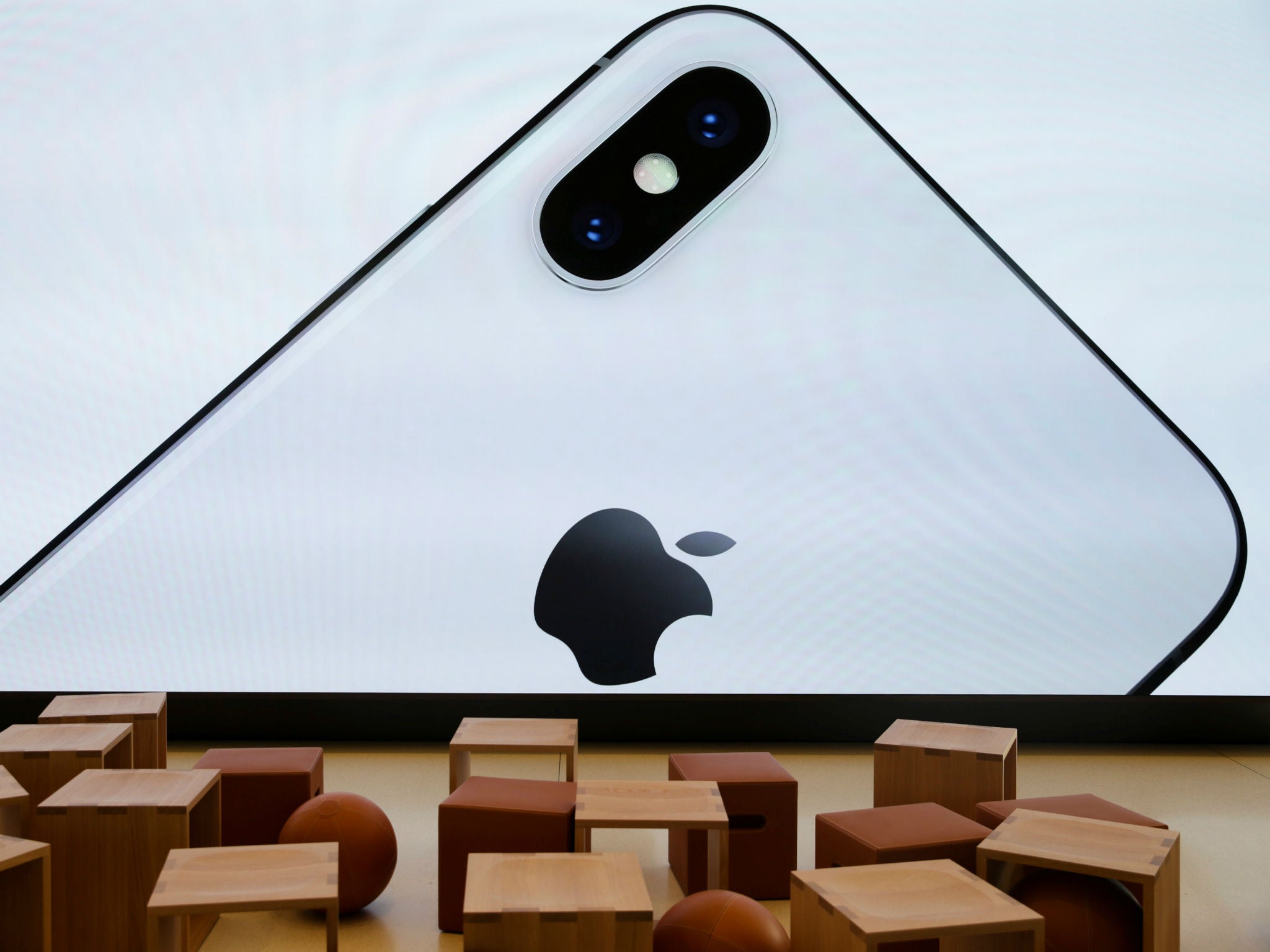iPhone: Apple updates iOS 11 to keep phones safe from worldwide security flaw
Tech companies have been scrambling to keep their users safe from a bug that affects just about every computer made in the last 20 years

Your support helps us to tell the story
From reproductive rights to climate change to Big Tech, The Independent is on the ground when the story is developing. Whether it's investigating the financials of Elon Musk's pro-Trump PAC or producing our latest documentary, 'The A Word', which shines a light on the American women fighting for reproductive rights, we know how important it is to parse out the facts from the messaging.
At such a critical moment in US history, we need reporters on the ground. Your donation allows us to keep sending journalists to speak to both sides of the story.
The Independent is trusted by Americans across the entire political spectrum. And unlike many other quality news outlets, we choose not to lock Americans out of our reporting and analysis with paywalls. We believe quality journalism should be available to everyone, paid for by those who can afford it.
Your support makes all the difference.Apple users have been urged to update their iPhones and other devices, as the effects of a deeply dangerous computer vulnerability still spread across the world.
Last week, security researchers found they had found a security flaw so dangerous that fixing it could cause computers to slow down or even need to be re-designed entirely. It exploited a vulnerability in a technology called "speculative execution" – something that can be found in almost every computer made in the last 20 years.
As such, computer companies have been looking to fix any vulnerabilities that computers may have, which if exploited would allow attackers to read secret information from a device. Indeed, they had already started before the weakness was leaked, as experts had hoped to do so secretly until the problems had been patched up.
Apple said soon after the flaw was revealed that almost every single device that it made is affected. That includes all of its Macs, iPhones, iPads, Apple TV and other major devices, with only the Apple Watch safe.
It had already issued updates to prevent some of the vulnerabilities, called Meltdown and Spectre, from being seized on by malicious apps. That had been done as part of the secret work to fix the problems, and had been done in updates that were already applied to devices when the information was leaked.
But further work must be done to secure devices. While an attacker needs to run code on an affected device to actually exploit the problem, that could be done through the browser – and new updates to Safari on the Mac and the operating system for iPhones and iPads fix those problems.
It can be downloaded either through the Settings app on an iPhone or iPad, or through the App Store on a Mac. All of the updates should be available already, and make clear in the release notes that they are designed to address the Safari problem.
Apple users have been advised to follow the same advice as those using other manufacturers' devices: make sure they are updated with any recent fixes, and be vigilant about what websites are accessed using them. While the widespread and fundamental nature of the vulnerability mean that it could be exploited on almost any device, actually doing so is a complex and difficult process, which would probably require heading to a dangerous website.
Join our commenting forum
Join thought-provoking conversations, follow other Independent readers and see their replies
Comments